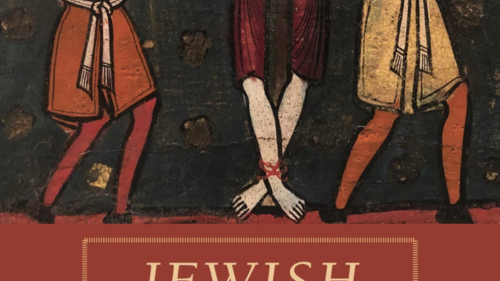Shlaim, a Baghdad-born Israeli and professor of international relations at the University of Oxford, has written a substantial biography of King Hussein of Jordan. Lion of Jordan represents a hagiography of the “plucky little king,” who led his country for almost fifty years through peace and war.
Shlaim’s biography would carry more weight if it included some criticism of Hussein. It would have been better if the word “lion” had not appeared in the title, as if produced by the king’s private office. His obvious admiration for King Hussein severely hampers his ability to provide his readers with a more balanced and critical biography.
Further, the book’s authority is undermined by Shlaim’s obsessive criticism of Israel. For example, when Shlaim examines the September 1970 Jordanian civil war and mentions that some 3,400 Palestinians may have died, he refrains from criticizing the Jordanian king for ordering the crackdown on the Palestine Liberation Organization. Instead, Shlaim states that King Hussein acted with “courage and decisiveness” to “defend his rule against the combined Palestinian-Syrian challenge.” He admits that the Jordanian army had “clear superiority in numbers and armament,” and yet he does not note disproportionate force here.
Describing Israel in similar circumstances, Shlaim remarked that “as always, mighty Israel claims to be the victim of Palestinian aggression, but the sheer asymmetry of power between the two sides leaves little room for doubt as to who is the real victim.”[1]
Bias aside, the biography is well written and is probably one of the best available, a testimony to the greater weaknesses or even stronger biases of other accounts of Hussein’s life. King Hussein was an important twentieth-century leader who transformed his country and saved it from the hands of radical Arab nationalism, Palestinian nationalism, and Islamism. For all that, he still awaits a proper biographer.
[1] Avi Shlaim, “How Israel Brought Gaza to the Brink of Humanitarian Catastrophe,” The Guardian (London), Jan. 7, 2009.



